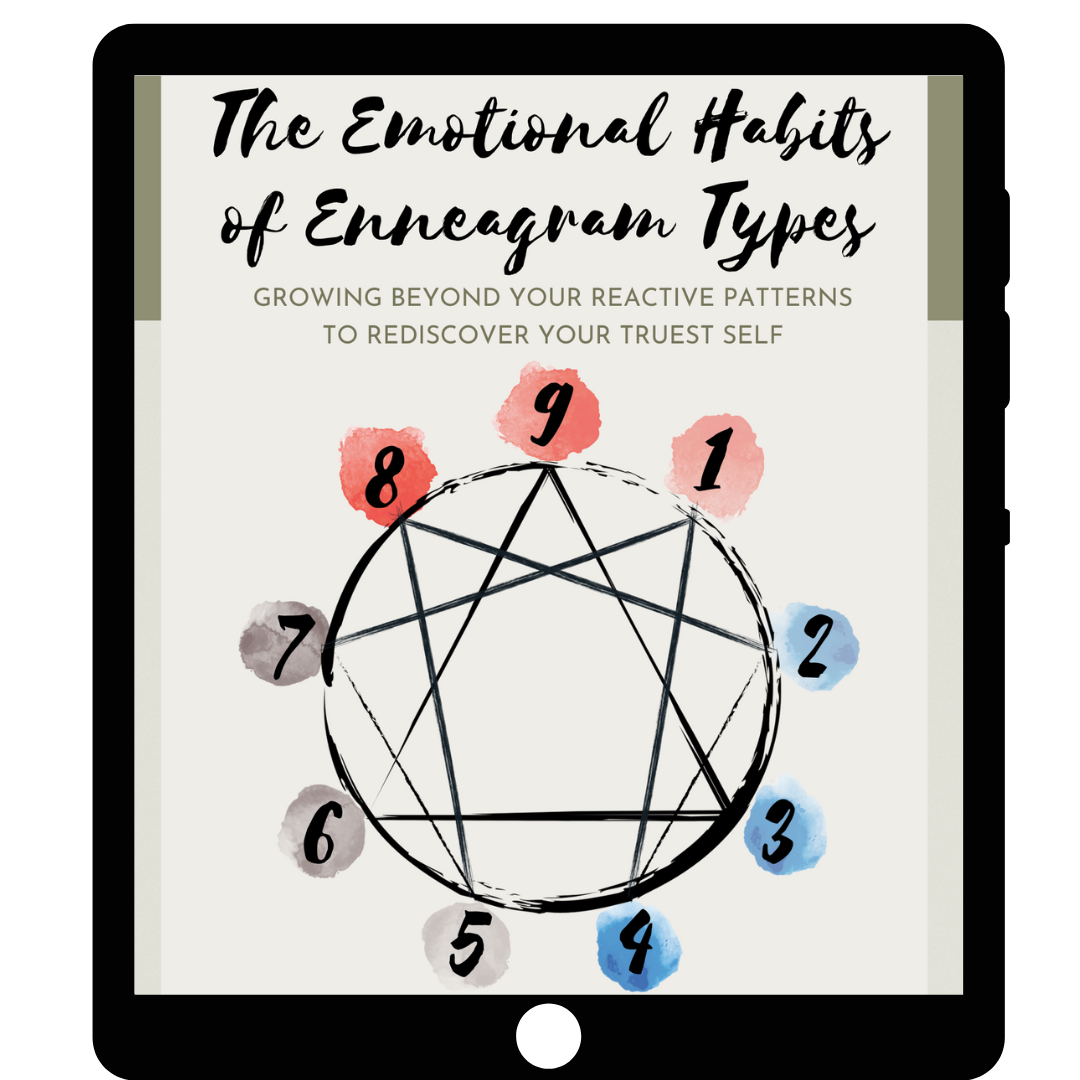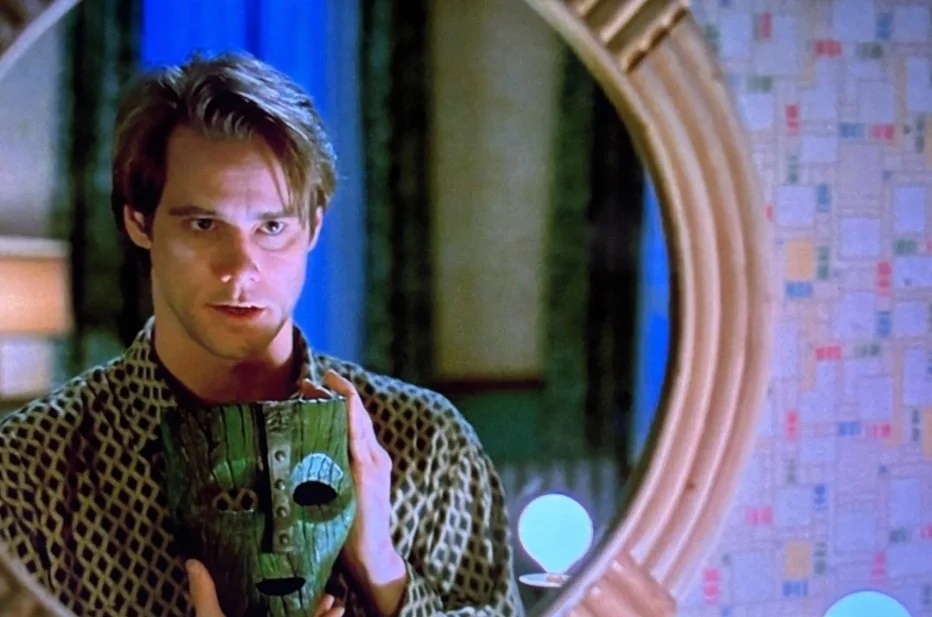Unlike other types of interactions between couples, conflict specifically has the unique opportunity to reveal each partner’s uniqueness and to create a new reality to reflect the both of them together. In order for conflict to truly serve this useful function, both parties need to fully show up. How couples stop conflict that is harmful depends on the couple understanding WHY and WHERE they fight.
How Couples Stop Conflict
Three common habits that make conflict unproductive and hurtful are:
Fighting on the Wrong Page - WHY You Fight (Part I)
Fighting at the Wrong Place - WHERE You Fight (Part II)
In Part I of this series, I wrote about how couples can find themselves in gridlock over a particular topic (such as finances, parenting, etc.) that stirs up many strong, overwhelming emotions. When each person’s survival instincts of fight, flight, or freeze kick in, it’s really hard for them to fully engaged in the conversation, really connect with the partner, and hear each other.
If there’s little sense of trust and safety in the relationship, both partners cannot readily access the executive, problem-solving part of their brains to actually deal with the problem at hand.
Slowing down the conversation with a spirit of curiosity (rather than judgment or contempt) helps reverse the negative cycle and deepen each person’s understanding of him/herself and of the partner BEFORE they address the topic.
What about some other habits that get in the way of connection?
Where You Fight Matters
At first glance, the above sentence may seem obvious, but this happens much more frequently than we expect. What does fighting in the wrong place look like? How can couples stop conflict from happening here?
Couple Conflict: Connor & Leslie
Leslie woke up to find that Connor’s already left for work. Feeling alone, she shot him a text, “I feel like you’re always at work.” “You’re never home these days.”
A few minutes later, he responded, “What you mean NEVER home?” “I was obviously here last night, wasn’t I?” “Stop nagging me.”
Leslie felt dismissed and hurt. Teary-eyed, she began sending him more messages: “Why are you like this?” “You don’t love me.” At the lack of his response, she continued, “Why aren’t you responding?” “Are you cheating on me?”
Little did she know about Connor’s major presentation today. When he saw the message, “You’re so selfish,” he felt overwhelmed and attacked. Fed up with this string of texts, he sent a quick text, “You’re ridiculous,” and turned off his phone for the rest of the day.
At home, Leslie stayed in bed crying, feeling rejected and abandoned.
Couple Conflict: Lisa & Max
As soon as Lisa stepped through the door, Max confronted her. “I told you that we need to watch our spending! Why did you spend all this money?”
Max and Lisa yelled at each other for the next ten minutes, to finally be interrupted by their 4-year-old daughter’s crying.
Couple Conflict: Maria & Nick
After three days of disagreement over where to spend the holidays, Maria took a jab at Nick while at a dinner with friends.
“You know what Nick said to me the other day? He said it’d be better to spend the holidays with his folks on the East Coast. Isn’t that ridiculous? Why would anyone want to leave the Bay Area weather to enter into a blizzard?”
Nick sat there, stunned and quiet. He couldn't find the words to respond back and wished he was somewhere else.
Where NOT to Fight and Why
Do any of these resonate with you? Do you know of a friend whose relationship looks like this? How often do these situations happen?
Here are the three places of conflict that could be death traps for couples:
(1) Wrong Place for Couple Conflict: Over Text or Email
It’s difficult as it is for couples to fully understand each other when face-to-face; imagine how much more difficult it would be to try to deepen your understanding through text messages that depend on emojis rather than tone of voice, facial expressions, and body language. Add the expectation for instantaneous responses. No wonder miscommunication and disconnection happen!
With the invention of the cell phone came the notion that we would be able to access and reach the other person any time, any place. Though we can certainly appreciate the convenience, we need to be very intentional about creating/keeping boundaries and setting proper expectations, lest we be disappointed or overwhelmed.
Give your precious relationship the attention and support it deserves. Nothing is as efficient or effective in strengthening relationships as intentional presence and togetherness. Don’t let technology dilute your bond and expose it to outside stressors! Close the gap. Even if Quality Time and Physical Touch are not your Primary Love Languages, pursue them especially in times of conflict.
Action Step:
If one of you notices that the conversation is going in an unhelpful direction, reply back, “Hey, I’m sensing that we’re missing each other right now. Could we talk about this when I get back? I think text doesn’t do this conversation justice. Love you.”
(2) Wrong Place for Couple Conflict: In Front of Your Kids/Teens
Unlike friends and other family members, children (and teens) are entirely dependent physically or emotionally on their parents. Even with teenagers, who seem on the surface like they’re “mature enough,” witnessing their parents fight is still an incredibly painful experience. Children feel a strong bond towards each parent, so to be placed in a situation where they have to:
choose which parent to align with
choose which parent to reject, and/or
keep parents from hurting each other
are tasks that are far greater than the child’s ability to manage and responsibility to hold. Even if your child is an adult who has more coping skills, getting caught between one’s parents is no less distressing.
Action Step:
Even if you’re not trying to play “Good Cop, Bad Cop” with your kids, pay attention to whether your children are watching or listening when you fight.
If your children do witness your fighting, as Max’s and Lisa’s did, check in with them and explain, “We’re sorry we scared you. Mommy and Daddy still care about each other and we love you. We don’t know how to solve this problem yet, but we’ll figure it out, okay?” Relieve your kids of the responsibility to manage your relationship and your well-being. Relieve them of the fear of your relationship falling apart.
If it seems like the fighting’s getting worse or the emotions keep escalating, look for a couples or marriage therapist in your area. There is no shame in doing so – in fact, this may be a very courageous act of care for yourself, your partner, and your children.
(3) Wrong Place for Couple Conflict: In Front of Others
When a couple’s unresolved conflict gets brought up in public (often before friends and family), the couple bond becomes so more strained than before. When in front of loved ones, it’s so easy for couples to get into a toxic power struggle like Maria and Nick, as one partner makes herself feel greater by cutting down the other. Caught off-guard in a one-down position, the exposed partner feels humiliated and guilt-tripped into silence.
Though this partner’s silence can be interpreted as a sign of defeat, anger (resentment) stews beneath, to further erode the relationship over time and to resurface in other explosive or implosive ways. In the end, both partners lose.
Moreover, friends or family members who are looped into (or triangulated into) the couple’s conflict may also receive collateral damage, as they may feel forced to choose one side or lose both relationships. In the end, this may lead to a lose-lose-lose situation.
Even though the comment itself may be short, this fighting-in-public dynamic may feed into what’s called “character assassination,” a form of emotional abuse that involves the harming of another person’s reputation.
Action Step:
If this happens in your relationship in public, interrupt the conversation and say, "Hey, it sounds like you have more things to say about this topic. Can we talk about it when we get home?" If your partner responds well, enjoy the rest of your time with others, and actually have that conversation later, explaining how this experience affected you. This quick pause helps couples stop conflict from igniting in the wrong place.
If your partner does not respond well or if it seems like this is an ongoing pattern in your relationship, create and stick to firmer boundaries for the health and longevity of your relationship.
If you would like additional support in your relationship, seek the guidance of a professional couples therapist in your local area.
You Can Pick the Arena
Even healthy couples engage in these habits once in a while – the immediate gratification is very strong! The purpose of this post is not to shame those who’ve done any of these before, but to let you know that your relationship can be more enjoyable!
If and when these moments happen, please make efforts to repair the relationship by having an open conversation with your partner (in private!), acknowledging each of your roles, making amends, and drawing boundaries for the future. Bring in the Antidotes to soothe your bond and enhance connection.
If the repair attempts seem to not be enough, or if the listed experiences seem to be an ongoing pattern, you may greatly benefit from couples counseling.
Fight WITH, and not AGAINST your partner for the health of your relationship!
What are the emotional habits of your Enneagram type?
Grab this free guide that shows you how to grow beyond the patterns that keep you stuck!
Don't know your Enneagram type?
Find yours here!
© Copyright 2021 Joanne B. Kim. All rights reserved.
Joanne B. Kim, lMFT
Joanne is a Licensed Marriage & Family Therapist and Certified Brainspotting Therapist in San Jose, CA, who loves helping people create emotionally thriving relationships. She helps people EXHAUSTED by anxiety, shame, and an allergic reaction to anger create VIBRANT relationships where they matter, too.
Many of her clients are:
(1) the highly responsible, conscientious, and empathic types
(2) Enneagram Type Ones, Twos, Fours, or Nines
(3) Highly Sensitive Persons (HSPs)
(4) adult survivors of emotional abuse and neglect
The most common words spoken by those who’ve sat with Joanne:
“I thought it was just me. I’m NOT crazy!”
“I can finally figure out what to do with all these feelings!”
Does this resonate?
Proudly helping women, healers, pastors, caregivers, and Highly Sensitive Persons (HSPs) who are EXHAUSTED by anxiety, guilt, shame, and an allergic reaction with anger create VIBRANT relationships where THEY MATTER, TOO!
Enneagram, EMDR, and Brainspotting Therapy in the Silicon Valley (Santa Clara County - San Jose, Los Gatos, Campbell, Cupertino, Saratoga, Santa Clara, Sunnyvale, Los Altos, Milpitas) and the San Francisco Bay Area. Offering telehealth video sessions in California.





































In a conversation with Catherine Quiring of the Coming Home to Ourselves Substack, we explore the Enneagram through the lens of the show Ted Lasso, going into the importance of emotional intelligence, the role of instincts & subtypes in the Enneagram, and how these concepts can help individuals navigate their personal growth and relationships.